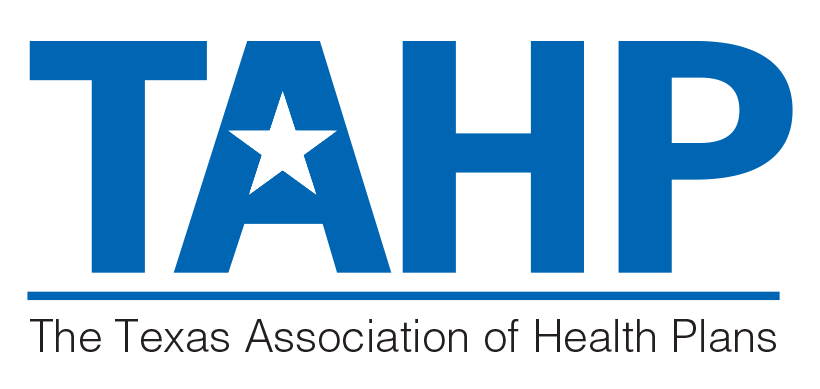
States Take Action on Medical Debt as Hospital Prices Climb
By: TAHP | Thursday, October 17, 2024
States Take Action on Medical Debt as Hospital Prices Climb
A new Urban Institute report explains that hospital consolidation leads to increased market power, enabling hospitals to charge higher prices for care. These higher prices, particularly for essential services, are passed on to patients, resulting in larger out-of-pocket expenses—even for patients who have health insurance. As a result, many patients are left with medical debt they struggle to repay. Hospital systems and private equity groups then use aggressive third party debt collection practices to recover these debts.
Why This Matters: Medical debt has emerged as a leading cause of financial hardship in the U.S., with an estimated 100 million Americans grappling with health care-related debt. Medical debt disproportionately impacts low-income families who are less likely to access charity care or negotiate bills.
States Step In
Health Affairs released a round up of how states are addressing medical debt and protecting consumers.
- North Carolina: Launched a pilot program using federal relief funds to eliminate medical debt for low-income residents.
- Minnesota: Passed the Debt Fairness Act, preventing hospitals from denying care over unpaid bills and prohibiting reporting medical debt to credit agencies.
- Oregon: Tightened charity care requirements, mandating hospitals screen patients for financial assistance.
- California: New laws limit hospital billing practices, cap interest rates, and restrict credit reporting for certain medical debts.
- Illinois and Colorado: Passed legislation that prevents credit reports from reflecting medical debt.
Federal Angle: The Consumer Financial Protection Bureau (CFPB) has proposed a new rule to reduce the impact of medical debt on credit scores. The proposed rule would prohibit consumer reporting agencies from including medical debts under $500 and bar the reporting of debts that are eventually paid.
Transparency in Texas: Effective as of September 2023, Senate Bill 490 ensures that Texans know exactly what they are being charged for by requiring an itemized bill before sending patients to debt collection. The law aims to increase transparency and help patients resolve billing disputes before their debt spirals out of control.
Proposed Legislative Protections Against Medical Debt in Texas
- Give patients a complete price picture with a good faith estimate for shoppable services from all health care providers and facilities.
- Require all health care providers to provide patients with itemized bills and prohibit debt collection for hospital non-compliance.
- Protect patients and lower prices by banning all anti-competitive contract terms, including all-or-nothing agreements between providers and insurers.
- Stop excessive facility fees for telehealth and preventive care, and require transparency of new fees when hospitals acquire physician groups.
The Bottom Line: Texas lawmakers are growing increasingly concerned about rising health care prices and the impact on families and businesses. Legislative solutions should protect patients from unfair medical debt based on inflated prices.
Stay updated on the latest TAHP news

Articles written by TAHP’s team of policy experts that examine the research, trends, and impact of the most important health care policy issues facing Texas and the country today.

Weekly news clips assembled by the TAHP team that highlight the top headlines from the health insurance and health care worlds, as well as important political updates.
